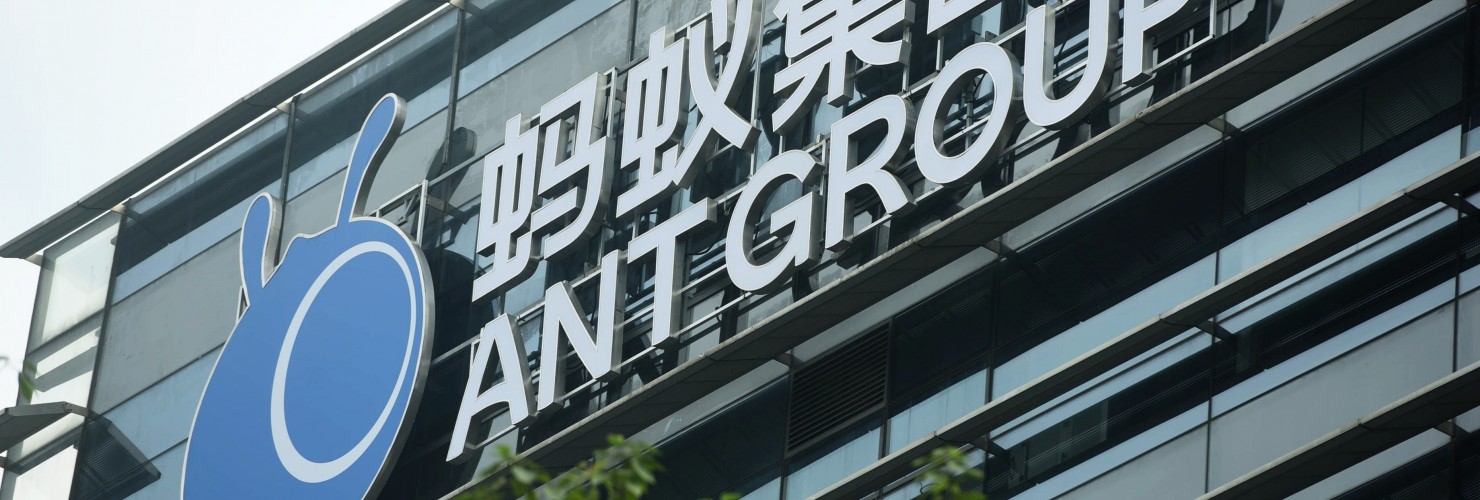

China’s fintech giant Ant Financial reined in by politics
The facts: Ant Group’s dual listing in Shanghai and Hong Kong – scheduled for November 5, 2020 – was hailed to become the world’s largest Initial Public Offering (IPO). Ant Financial is the operator of Alipay, a popular mobile payment system, and facilitates financial services such as micro-lending. Everything seemed set as investors eyed an unprecedented valuation of USD 37 billion. However, at the last minute, Chinese regulators withdrew their prior approval. On November 2, just days before the scheduled IPO, regulators pulled the listing citing regulatory changes. The move was potentially sparked by owner Jack Ma’s fiery criticism. During a speech on 24 October, Ma accused Chinese bankers of operating with a “pawnshop mentality”, requiring a collateral from borrowers, something that Ant Financial got rid of.
What to watch: The pulling of the listing should be seen as a larger trend to rein in private companies in the financial system. For Ant Financial, the regulatory changes will mean that its lending business, which accounts for nearly 40 percent of sales, will have to be overhauled. The company has acted as a matchmaker bringing customers and banks together. In future, according to People’s Bank of China (PBoC) drafts, Ant Financial will be regulated more like a bank, which means capping its loans and funding 30 percent of them (up from the current two percent). This renders the future of Ant Financial’s IPO uncertain. With investors’ confidence damaged, a 2021 valuation is unlikely to reach previous heights.
MERICS analysis: “It must have been difficult for Chinese policymakers to pull the plug – the IPO was meant to send signals abroad, portraying China as a formidable player on a global stage. But the episode shows that the CCP increasingly views Ant Financial as a disruption and a source of risk to its control of the financial system. The PBoC is developing its own form of cashless payment and has this year piloted its digital currency. Ultimately, the pressure to control the financial system and tighten the Party’s grip on the private economy prevailed. The latest regulation is unlikely to be the last. In China even the biggest firms have to tread carefully.” MERICS analyst Maximilian Kärnfelt.
More on the topic: MERICS analyst Kai von Carnap discusses China’s new digital money.
Media coverage and sources:
- Quartz: Why Ant Group’s IPO was suspended
- Techcrunch: China postpones colossal IPO after closed-door talks with Jack Ma
- Financial Times: Ant Financial faces tortuous path back to the market
- South China Morning Post: China targets tech giants in new antitrust guideline
- China Banking News: Financial stability report flags stricter fintech regulation
- Xinhuanet (in Chinese): IPO pulled because of new regulatory requirements
- Sina (in Chinese): Tech companies dabbling in finance must adhere to regulations
This article is part of the November 12 issue of MERICS China Briefing.